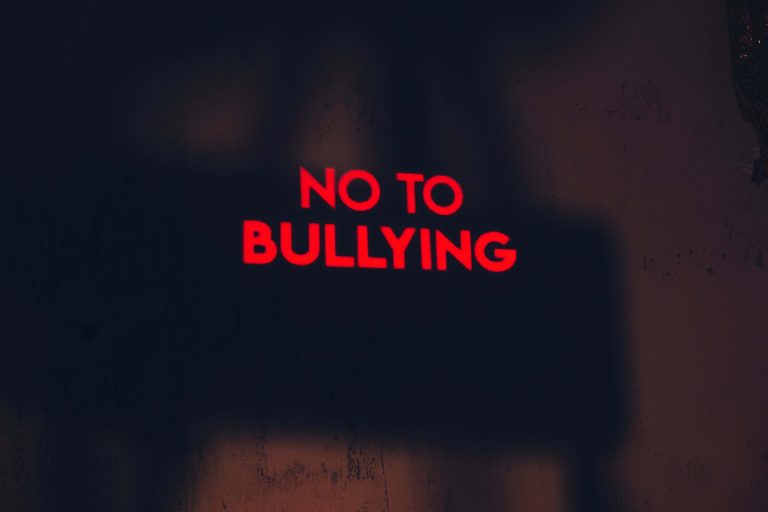Bullying isn’t just something that happens on the playground—its effects are long-lasting and can deeply affect a person’s mental health. From verbal taunts to physical violence, bullying takes many forms. But no matter how it manifests, the impact on the victim is undeniable. It changes the way they see themselves, the world, and even their future.
Think about this: A student faces daily torment from their peers. This bullying chips away at their self-esteem, fuels feelings of anxiety and depression, and might even cause them to withdraw from social interactions. The consequences can linger well into adulthood if left unaddressed.
So, what can we do about it?
- Early Intervention: The earlier we address bullying, the better. Schools must take a proactive approach, ensuring that students understand the consequences of their actions and fostering a culture of kindness and respect.
- Provide Support for Victims: Students who are victims of bullying need a safe space to express their feelings. Counseling services, peer support groups, and even anti-bullying programs can help students heal and regain their confidence.
- Encourage Empathy: Teaching students about empathy can go a long way in preventing bullying. When students understand the emotional toll their words and actions can take, they are less likely to engage in harmful behavior.
- Engage Parents and Communities: Addressing bullying requires a collective effort. Schools should work closely with parents and communities to create a united front against bullying.
We cannot afford to underestimate the impact of bullying. By taking active steps to prevent it, we create an environment where students can learn, grow, and thrive without fear.


